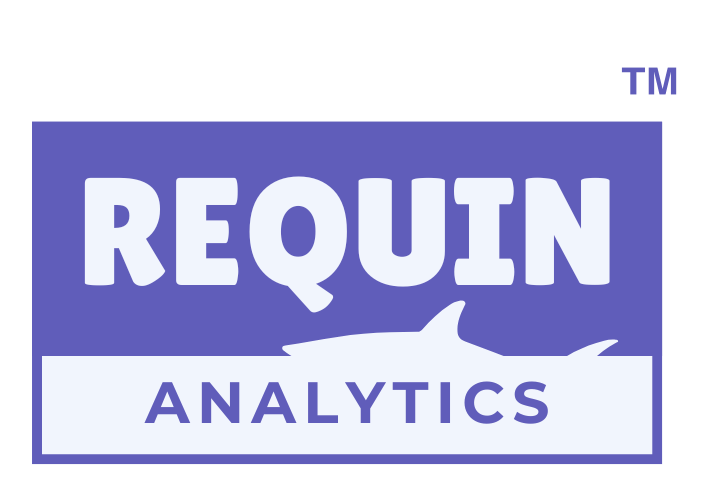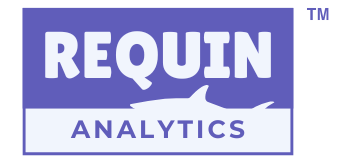
With the evolving landscape of the retail industry, staying ahead requires more than just intuition—it demands actionable insights powered by data. Power BI, Microsoft’s cutting-edge business intelligence tool, is revolutionizing how retailers visualize, interpret, and act on data to drive profitability and customer satisfaction. By harnessing its advanced features, businesses can transform raw data into meaningful insights to make informed decisions in real-time.
In this blog, we will explore how Power BI reshapes retail analytics, from predictive insights to improved customer experience, and why it’s a must-have tool for retailers today.
Why Power BI Matters for Retail
Retail businesses are inundated with vast amounts of data—from customer behaviors to supply chain logistics. Without the right tools, this data becomes overwhelming and underutilized. Power BI empowers businesses to consolidate, visualize, and leverage their data for actionable insights. With real-time dashboards and customizable reports, retailers can unlock opportunities to enhance sales, optimize operations, and understand customers like never before.
Here’s why Power BI stands out for the retail industry:
- Enhanced Decision-Making: Make data-driven decisions with visual insights.
- Scalable Solutions: Suitable for small boutiques to large retail chains.
- Customer Insights: Understand customer behavior patterns to improve targeting.
Key Benefits of Power BI in Retail
- Predictive Analytics for Inventory Management
Power BI helps retailers anticipate inventory needs by analyzing historical data and identifying trends. By predicting demand spikes or slowdowns, businesses can avoid stockouts or excess inventory, saving costs and improving efficiency. - Customer Behavior Analysis
By integrating Power BI with customer data, retailers can uncover buying patterns and segment customers based on preferences. This enables businesses to tailor marketing campaigns and create personalized shopping experiences. - Streamlined Reporting Across Teams
Power BI allows seamless sharing of dashboards with team members, fostering collaboration and aligning business strategies. Whether it’s sales, marketing, or supply chain teams, everyone gets a unified view of the metrics that matter.
Applications of Power BI in Retail Analytics
1. Understanding Customer Trends
Power BI enables retailers to analyze big data, highlighting purchasing trends and seasonal demand. Retailers can optimize supply chains, track campaign effectiveness, and adapt to shifting customer preferences with ease. For example, a fashion retailer can predict which products will be in demand next season.
2. Real-Time Insights for Operations
With Power BI, retailers can track store performance, sales revenue, and customer feedback in real-time. Dashboards provide an at-a-glance view of critical metrics, enabling quick and informed decision-making.
3. Omnichannel Integration
Power BI unifies data from multiple sales channels—physical stores, e-commerce platforms, and social media. This comprehensive view allows retailers to optimize inventory distribution, ensure consistent customer experiences, and measure performance across touchpoints.
How Power BI Transforms Retail Teams
Power BI is not just a tool for executives; it empowers every team member:
- Data Analysts: Dig deeper into trends with visual and advanced analytics tools.
- Marketing Teams: Measure campaign performance and ROI effectively.
- Sales Teams: Track performance metrics to set realistic goals and improve outcomes.
- Top-Level Executives: Make strategic decisions backed by comprehensive reports.
A Competitive Edge for Retailers
For example, a grocery chain using Power BI could analyze weekly sales trends to determine which products to promote. With this tool, management can instantly generate reports showing which products contribute the most to revenue, identify slow-moving inventory, and adjust their strategies accordingly.
Similarly, e-commerce retailers can use Power BI to monitor website traffic, abandoned carts, and completed sales, gaining insights to improve user experience and conversion rates.
The Role of Power BI Consulting Agencies
Integrating Power BI effectively requires expertise. Agencies specializing in Power BI, like Requin Analytics, help businesses unlock its full potential. From creating tailored dashboards to implementing predictive analytics, agencies ensure that Power BI aligns with your business needs.
At Requin Analytics, we have worked with diverse industries to build robust retail dashboards that deliver measurable outcomes. By partnering with a trusted consulting agency, you can accelerate your digital transformation journey and stay ahead of the competition.
Final Thoughts
Power BI is not just a tool—it’s a game-changer for retail businesses. By leveraging its capabilities, retailers can navigate today’s challenges with confidence and prepare for tomorrow’s opportunities. Whether you’re looking to enhance your customer experience, improve inventory management, or gain competitive insights, Power BI is the ultimate solution for retail analytics.
If you’re ready to transform your retail business with Power BI, Requin Analytics is here to help. Let’s shape the future of retail analytics together.


A WordPress Commenter
Nov 24Hi, this is a comment.
To get started with moderating, editing, and deleting comments, please visit the Comments screen in the dashboard.
Commenter avatars come from Gravatar.